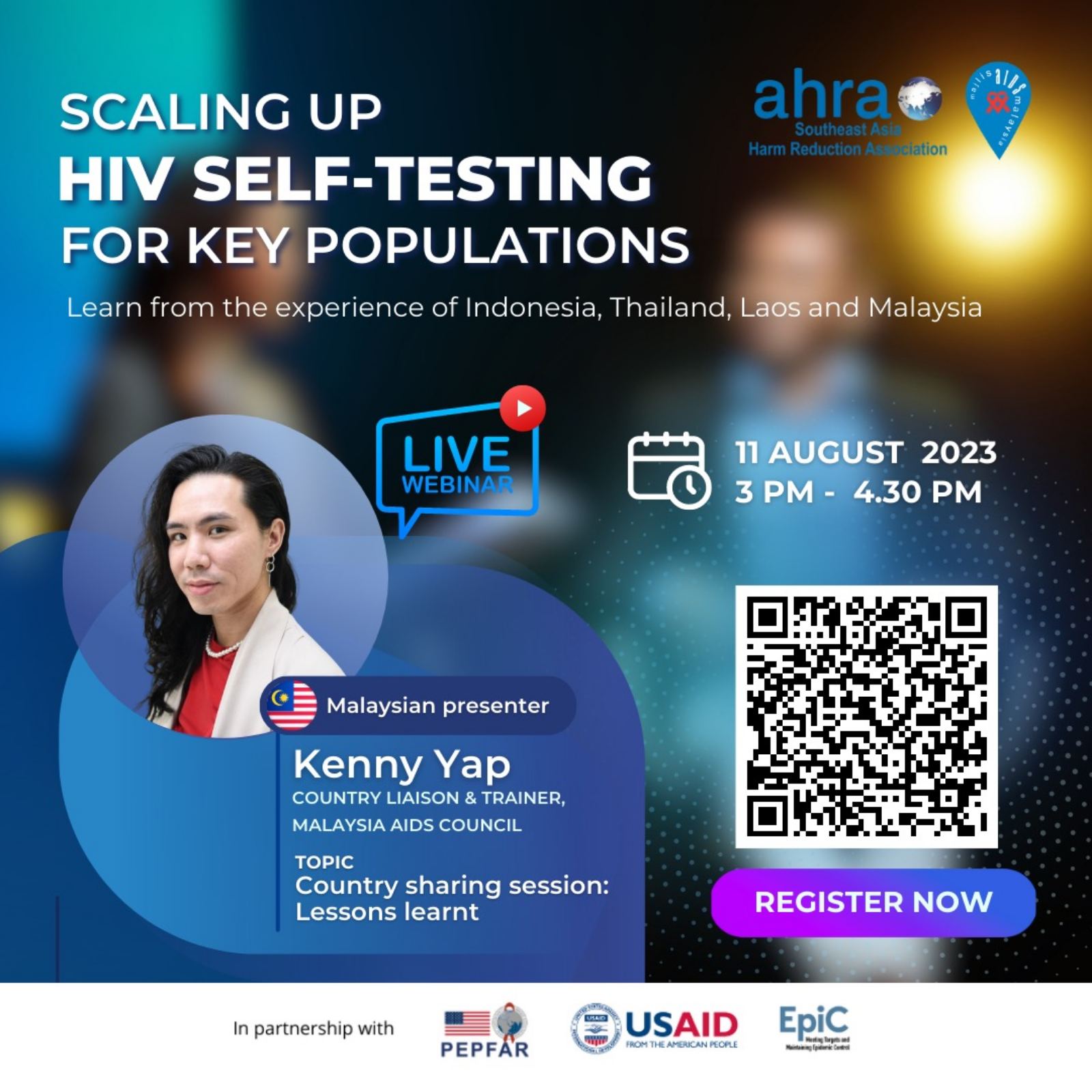Medical interventions play a crucial role in comprehensive harm reduction programs, as they provide individuals who inject or use drugs (PWID/PWUD) with much-needed access to healthcare services. Due to various factors such as discrimination, financial constraints, and fear of arrest, PWID/PWUD often face barriers in receiving healthcare. The following activities are encompassed within medical interventions:
- Health Care Services:
- Care for People Living with HIV/AIDS:
- Counseling and support services for individuals living with HIV/AIDS, including positive living counseling.
- Family and partner counseling to address issues of loss, grief, and bereavement.
- Drug counseling, medication-assisted treatment (MMT) counseling, and tuberculosis (TB) counseling.
In addition to these medical services, counseling and psycho-social support are integral components of harm reduction programs. PWID/PWUD and their families and partners have access to counseling services that address various aspects of their well-being, such as:
- Treatment Adherence Support:
- Assistance and guidance in adhering to prescribed drug treatment regimens, including MMT.
- Psycho-social Support:
- Provision of emotional support and guidance to address psychological and social challenges associated with drug use.
- Counseling Support:
- Counseling services tailored to the specific needs of PWID/PWUD, such as HIV testing and counseling (HTC) and counseling for drug use-related issues.
These medical interventions and counseling services not only address the physical health needs of PWID/PWUD but also support their psychological well-being and overall quality of life. By offering accessible and comprehensive healthcare services, harm reduction programs strive to reduce the negative consequences of drug use and improve the health outcomes of this population.
